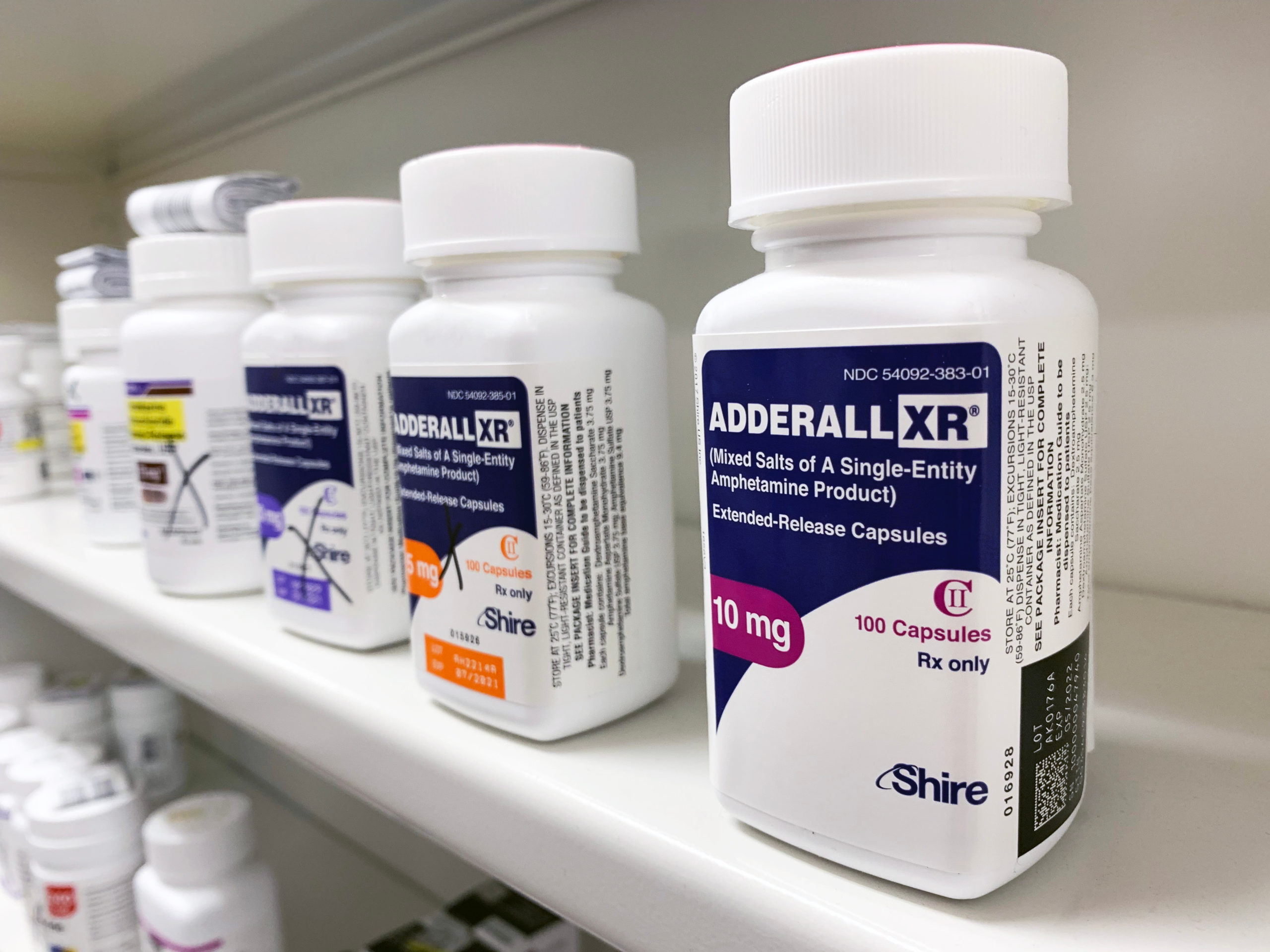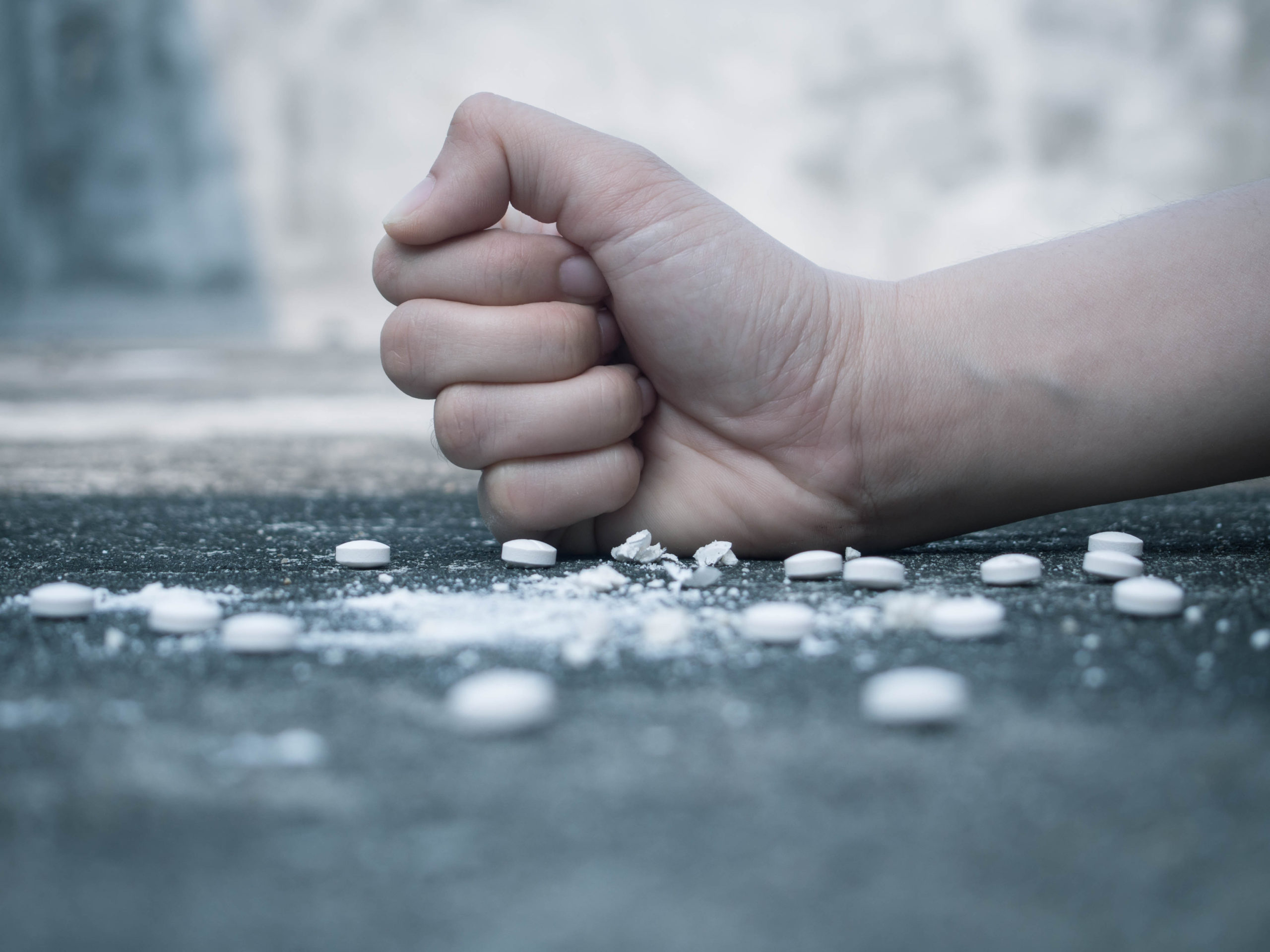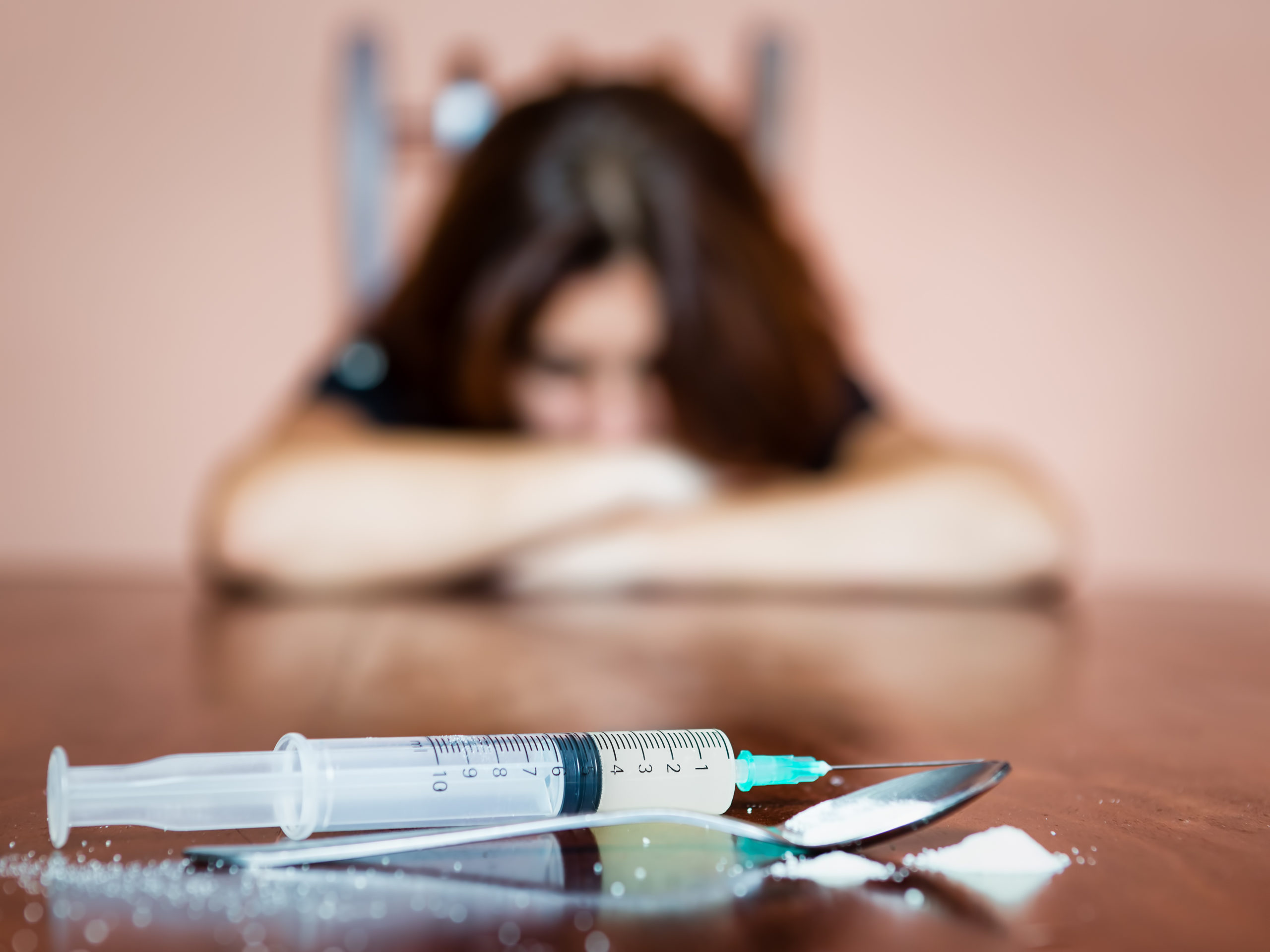At any given time, as many as one in five American adults struggle with a mental illness, mood disorders included. According to the National Institutes of Health, approximately twenty-one million adults over the age of eighteen meet the diagnostic criteria for a mood disorder. Mood disorders can affect anyone at any point in their life, and many factors can contribute to developing a mood disorder. Because mood disorders do not discriminate based on age, race, gender, ethnicity, or any other demographic, it can be challenging to pinpoint a specific root cause. In many cases (even more so with males), those who experience symptoms related to a mood disorder are more likely to have a co-occurring substance abuse disorder.
What Is a Mood Disorder?
It is normal for your mood to change now and then. Everyone experiences changes in mood or “mood swings” depending on experiences or situations. A mood disorder is more than a mere fluctuation in your emotions. Mood disorders are mental health problems that affect a person’s emotional state. When someone has a mood disorder, they experience long periods of extreme happiness, extreme sadness, or both. To be diagnosed with a mood disorder, your symptoms must be present for several weeks or longer. Mood disorders can cause alterations in behavior that affect your ability to manage routine obligations, including work, school, and other day-to-day activities.
The Most Common Mood Disorder
There are many different categories of mood disorders. Within each category, there are several diagnoses. For example, bipolar disorder is a mood disorder category, and within the category, there are several types of disorders. Major depressive disorder or MDD is the most commonly diagnosed mood disorder in the United States. According to the National Alliance on Mental illness (NAMI), more than nineteen million people (almost eight percent of the population) struggle with major depressive disorder each year. Like bipolar disorder, there are several different types of depression, including major depressive disorder, persistent depressive disorder, seasonal affective disorder, postpartum depression, and depression related to a medical condition, medication, or substance use disorder.
How to Treat Mood Disorders
Treatment for a mood disorder will depend on the specific diagnosis and the symptoms you experience. The most common treatments include a combination of medication and therapy, specifically, psychotherapy (talk therapy).
Several medications have proven successful in treating mood disorders. Antidepressants work well in the treatment of depression and depressive episodes linked to bipolar disorder. Some of the most commonly prescribed antidepressant medications include Lexapro, Prozac, Zoloft, Cymbalta, and others. These medications are classified as either selective serotonin reuptake inhibitors (SSRIs) or Serotonin and norepinephrine reuptake inhibitors (SNRIs). Again, the specific medication that will be the most successful for you will vary based on your symptoms as well as any underlying medical or co-occurring mental health conditions. Mood stabilizing and antipsychotic drugs may also be prescribed in addition to antidepressants in some cases, if the antidepressant medication is unable to adequately control symptoms.
If you struggle with depression, various types of psychotherapy are also beneficial to your recovery. The most common types of psychotherapy include cognitive-behavioral therapy, interpersonal therapy, and problem-solving therapy. These therapies are also successful in treating co-occurring substance use disorders that commonly arise due to ongoing struggles with depression and other mood disorders.
Occasional mood swings and difficulties managing emotions are common experiences for everyone. In most cases, this does not indicate the presence of a mood disorder. However, if your symptoms persist for more than two weeks and you find they interfere with your ability to focus and participate in day-to-day activities or you find you are looking to substances as a way to reduce the intensity of symptoms, it may be time to consider seeking treatment at Cal Recovery Center.











